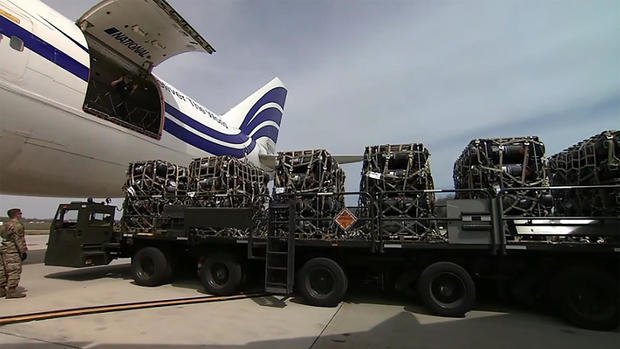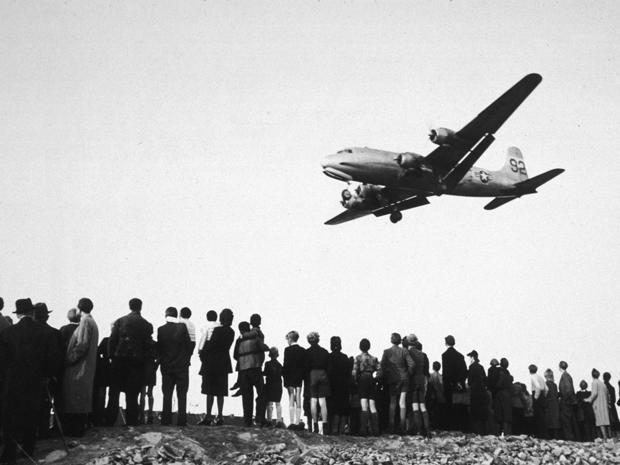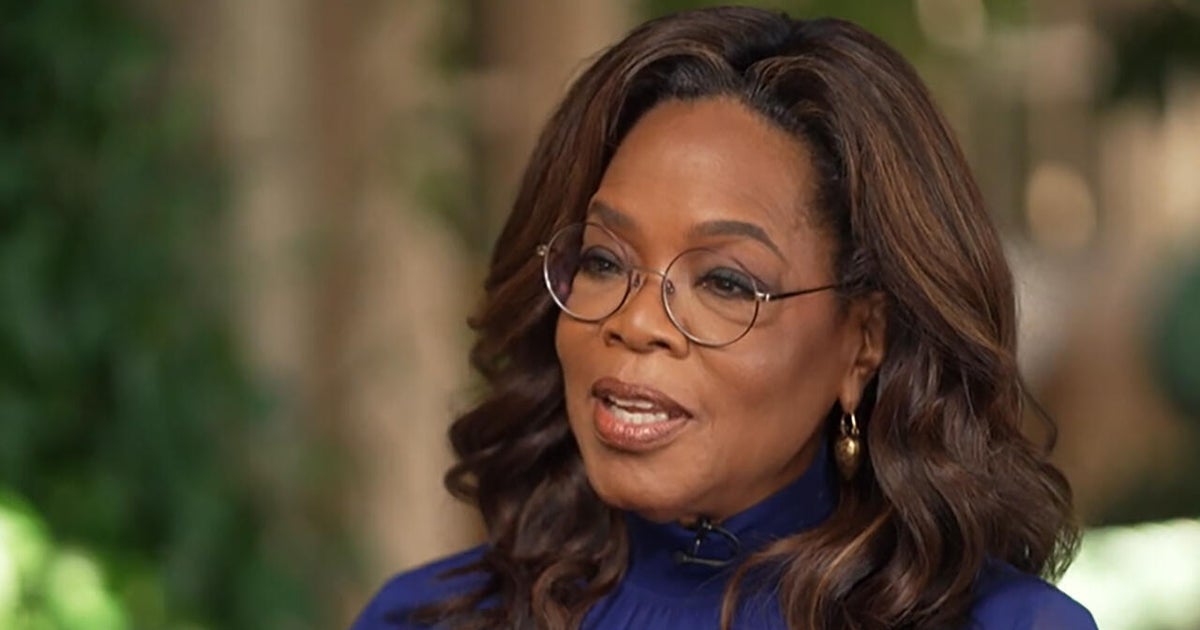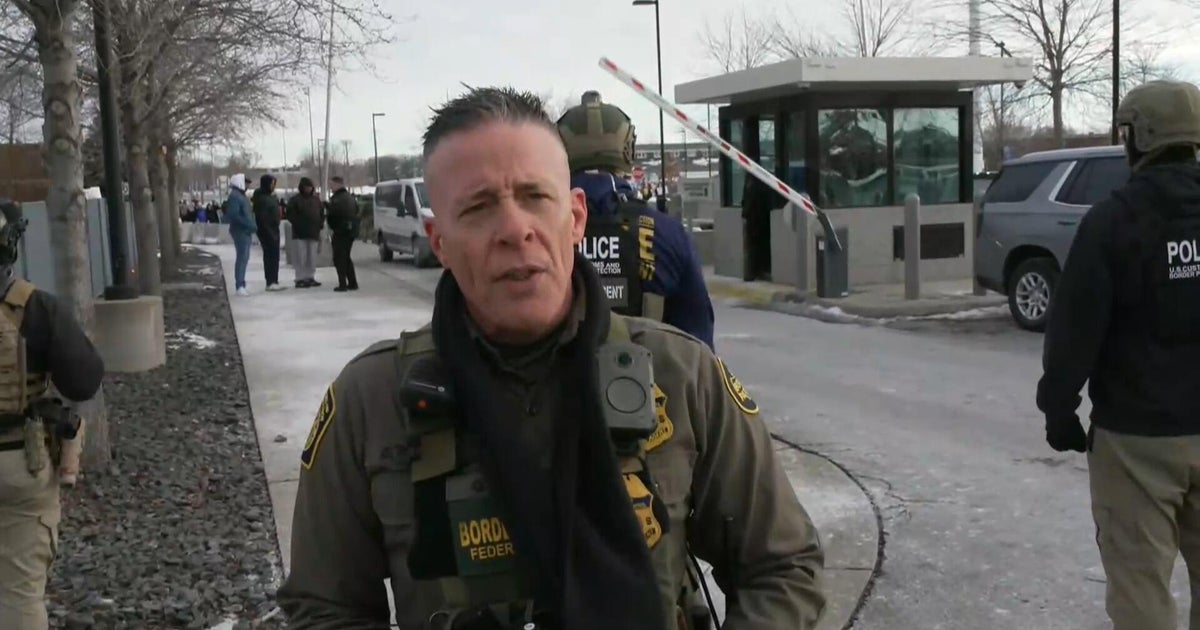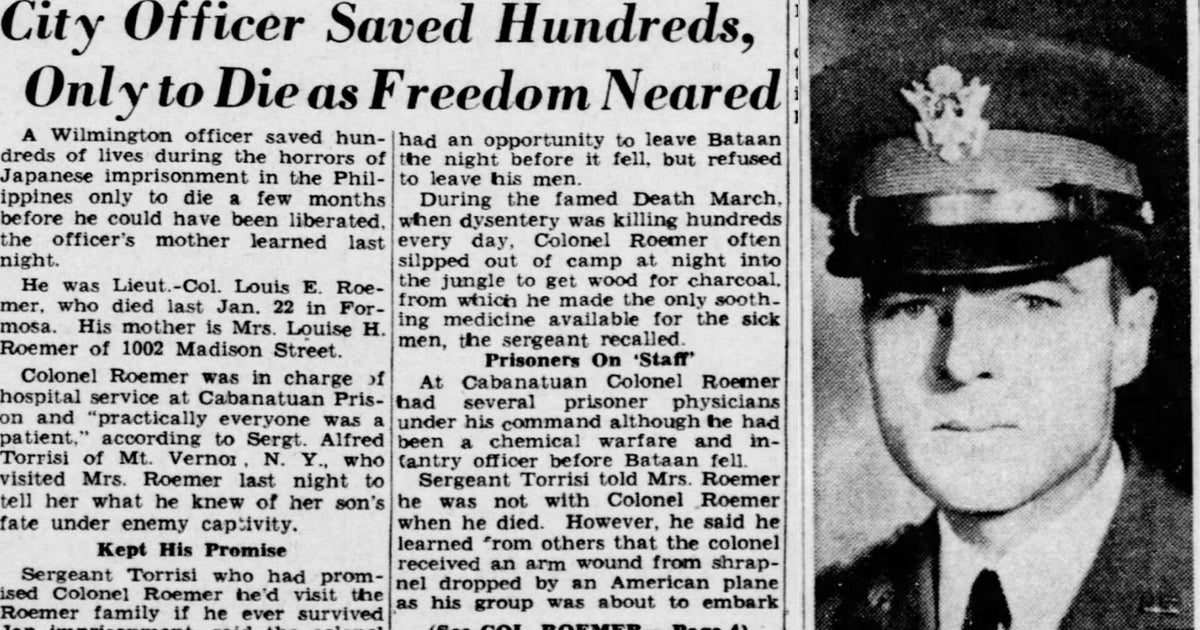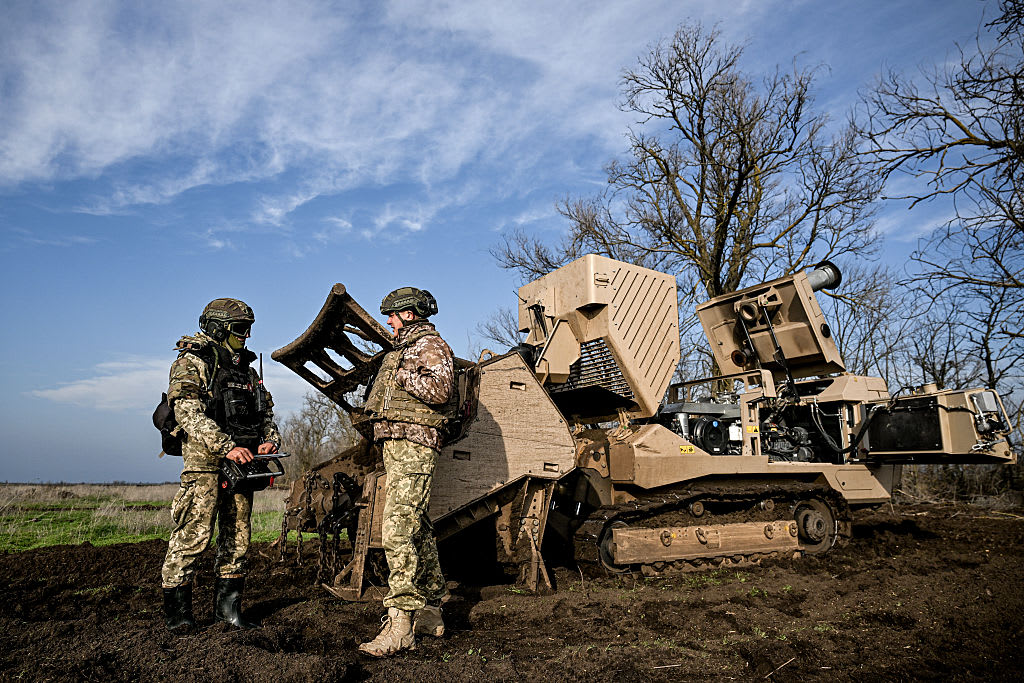U.S. arms to Ukraine: Is it enough?
From Javelin anti-tank missiles to body armor, the U.S. military has shipped some ten million pounds of weapons and equipment bound for Ukraine. But is it enough?
"It still does not feel like we are all-in to win," said retired Gen. Ben Hodges, a former commander of the U.S. Army in Europe. He says U.S. support for Ukraine is just too cautious.
"We have exaggerated the potential for a so-called World War III to the point that we're making policy decisions based on an exaggerated fear," Hodges told CBS News national security correspondent David Martin.
Fear of provoking a man who has thousands of nuclear weapons at his command, and who is willing to deliberately bomb civilians in an attempt to achieve something he might call victory.
Hodges said, "The whole reason that [Russia] transitioned to this medieval approach of smashing cities is so that at some point somebody would say, 'For the love of God, please stop killing these civilians. Let's get to a settlement,' which is exactly what the Russians want: a settlement."
- Putin says Russia's "noble" war on Ukraine to enter new phase ("CBS Mornings")
- Rape "happening systematically" in Russian-occupied areas of Ukraine, Ukrainian lawmaker Kira Rudyk says
- After failures, Russia puts general with a worrying history in Syria in charge of Putin's Ukraine war ("CBS Mornings")
Last week Russia again warned the U.S. weapons shipments could bring unpredictable consequences. But that didn't stop the Biden administration from ratcheting up its support for Ukraine, with 18 Howitzers and 40,000 artillery shells. "It's a standard field artillery piece, pretty lethal combat system," said retired Army Colonel Richard Hooker, who served with the 82nd Airborne.
Martin asked, "How long will 40,000 rounds last?"
"I would say weeks, not months," Hooker replied.
The Howitzers are part of a new military aid package, which also includes 200 armored personnel carriers. Hooker said, "It will be helpful, but I wouldn't characterize it as a gamechanger."
Retired General Philip Breedlove, the former commander of U.S. and NATO forces in Europe, said, "I used to think that given these atrocities and the depths of the depravity of the actions of Russia, that the West would become involved. But clearly the West has made a decision that they're not going to go in there with direct force."
Martin asked, "The Biden administration says it has spent more than $2.5 billion on equipment for the Ukrainian military. Isn't that enough?"
"I don't think that the amount of money nor the amount of tons of equipment that we provided is the measure of merit," Breedlove said. "The real measure of merit is, when are these weapons in the hands of the Ukrainian military so they can destroy Russian equipment, so they can kill Russian soldiers? Because that is what will end this war."
Breedlove said Western aid has failed to save the city of Mariupol from Russia's siege tactics. "Forces in Mariupol are surrendering because they didn't have enough food and bullets – very basic things. We need to make sure that those things are delivered to the front where the fighting is going on."
"How does the U.S. do that?" asked Martin.
"Well, I think that we have done it in the past, haven't we? Remember the Berlin Airlift?"
That was in 1948, when Josef Stalin threw up a land blockade around the city of Berlin, and the U.S. called his bluff with a massive airlift.
"I don't think that should be off the table for consideration here," said Breedlove.
"If U.S. supply flights fly into Ukrainian air space, aren't they liable to be attacked by Russian aircraft?"
"Surely they are. We took the same risks in the Berlin Airlift, didn't we?"
"And is this just a question of calling Putin's bluff?"
"I believe we're accumulating risk right now by doing nothing," Breedlove said. "I do not believe there is a no-risk way out of this conflict. We need for the Ukrainians to win this fight."
For more info:
- Lt. Gen. (Ret.) Ben Hodges, Center for European Policy Analysis
- Colonel (Ret.) Richard Hooker, Atlantic Council
- General (Ret.) Philip Breedlove, Middle East Institute
Story produced by Mary Walsh. Editor: Mike Levine.
See also:
- What are the prospects for pursuing Vladimir Putin for war crimes? ("Sunday Morning")
- How far will Putin go – and how far will America go to stop him? ("Sunday Morning")
- Another Russian quagmire: Putin and the shadow of Afghanistan ("Sunday Morning")
- What is Putin's endgame now? ("Sunday Morning")
